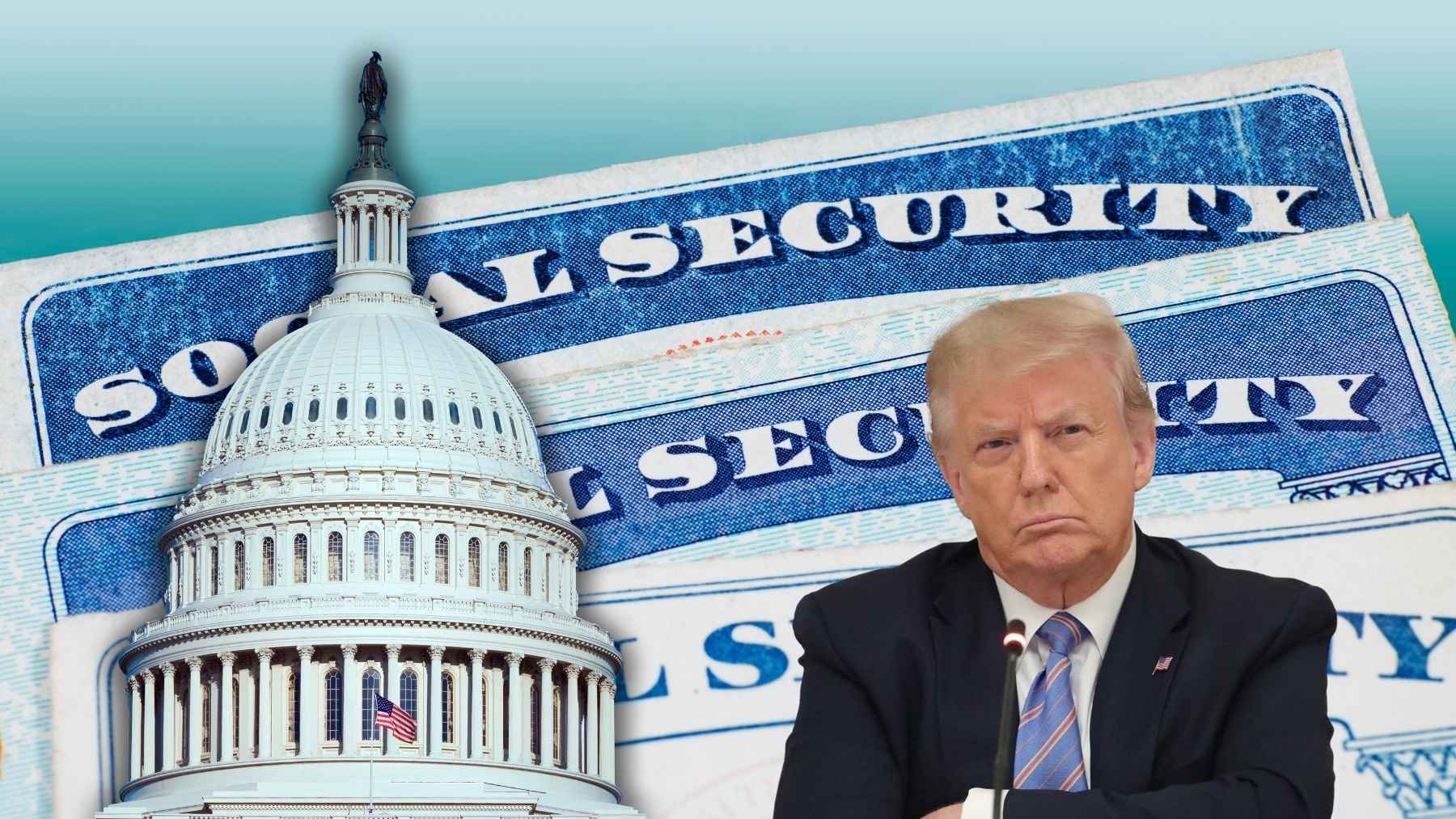During his campaign, President Donald Trump promised to mitigate federal income taxes on Social Security benefits, which aimed to provide financial relief to retirees. Currently, individuals with a combined income exceeding $25,000 and couples exceeding $32,000 may have up to 85% of their Social Security benefits taxed.
The proposed mitigation of such taxes is estimated to cost approximately $1.2 trillion over a decade. Many critics argue that this loss in finance could push forward the depletion of the Social Security trust fund and this will potentially lead to reduced benefits in the future.
Senate Opposition and Fiscal Concerns
This proposal still faces obstacles in the Senate even though it was passed in the house. Senators Ron Johnson (R-Wis.) and Rand Paul (R-Ky.) have expressed their concerns about the bill’s impact on the national deficit, which could increase by over $3 trillion in the next decade.
The long term sustainability of Social Security is a concern. The trust fund that supports retirement benefits is projected to be depleted by 2033 unless Congress takes action. At the same time, state and federal governments are dealing with increased spending demands on healthcare, infrastructure, and public safety.
Why the Tax Deduction Matters
In order to mitigate the tax burden, there are some states and federal government that offer income tax deductions or exemptions for Social Security benefits. This simply means that many states do not tax retirement income at all. For seniors living on fixed incomes, every dollar counts.
Many are concerned that these deductions may be at risk. The federal and state budget is under pressure and policy makers may use these benefits as a potential source of revenue.
Who Would Be Most Affected?
Should these tax deductions be limited or removed, it would impact the middle-income retirees mostly. Those individuals who are wealth, often have multiple sources of income and can navigate around tax changes effectively. Low-income seniors may not have enough income to be taxed at all.
But for the majority of retired Americans—those who rely primarily on Social Security and small pensions or savings—an increase in taxes could hit hard. It would reduce their take-home income, at a time when inflation continues to raise the cost of essentials like food, rent, and medicine.
What Lawmakers Are Saying
As it stands, there is no official bill that has been passed to mitigate federal taxes on Social Security, but this topic has been in discussions. Some lawmakers argue that making all Social Security benefits tax-free would help seniors better cope with rising living costs. Others believe maintaining the status quo—or even reducing deductions—is necessary to close budget gaps.
Public support leans heavily in Favor of protecting Social Security income. Polls consistently show that voters across party lines oppose higher taxes on benefits and support measures that would expand, not reduce, financial support for the elderly.
Public Opinion and Political Implications
Protecting Social Security benefits remains fairly strong across citizens. According to a 2025 survey conducted by the National Academy of Social Insurance, 85% of Americans believe benefits should be maintained or increased, even if it means higher taxes. This feedback adds pressure on lawmakers to find a balanced solution that addresses both the financial needs of retirees and the program’s fiscal health.
Conclusion
President Trump’s initiative to mitigate taxes on Social Security benefits has incited a detailed debate in the Senate. As this debate continues, many policy makers are faced with a challenge of creating legislation that materialises the campaign promise and ensures sustainability of the Social Security program.

